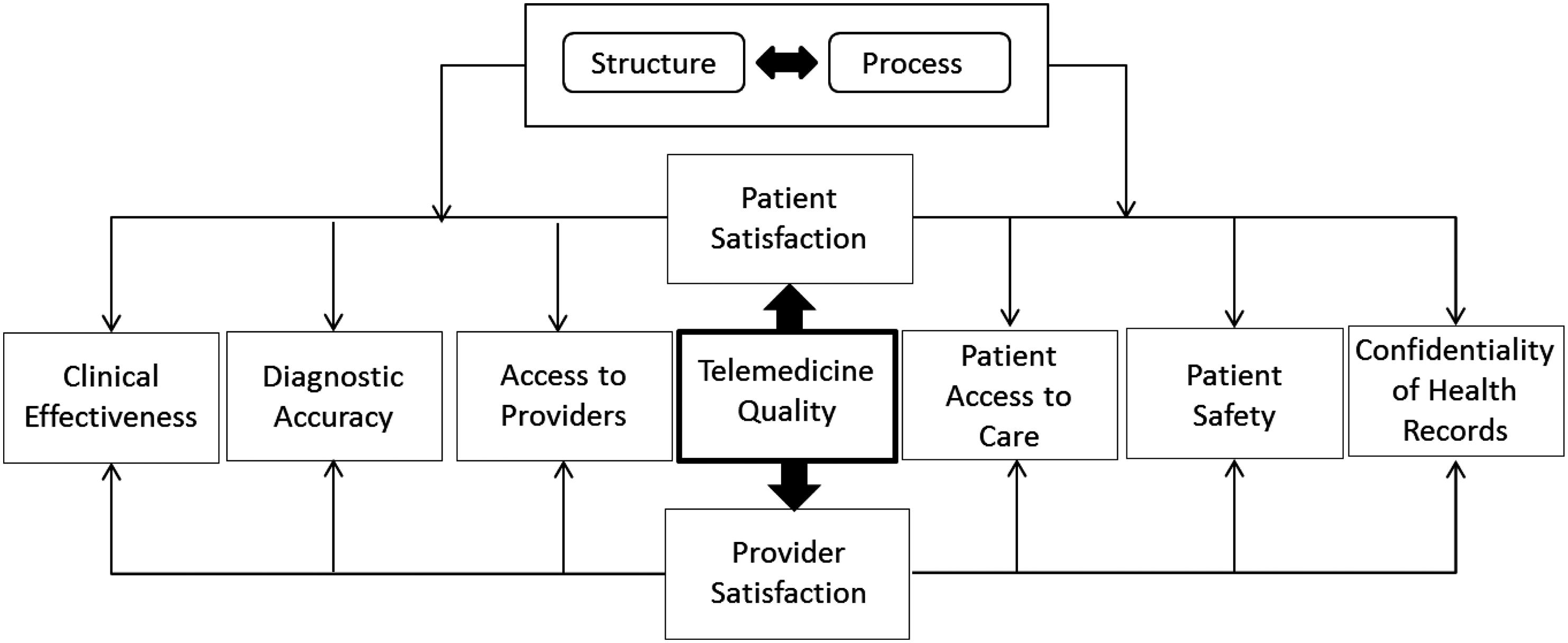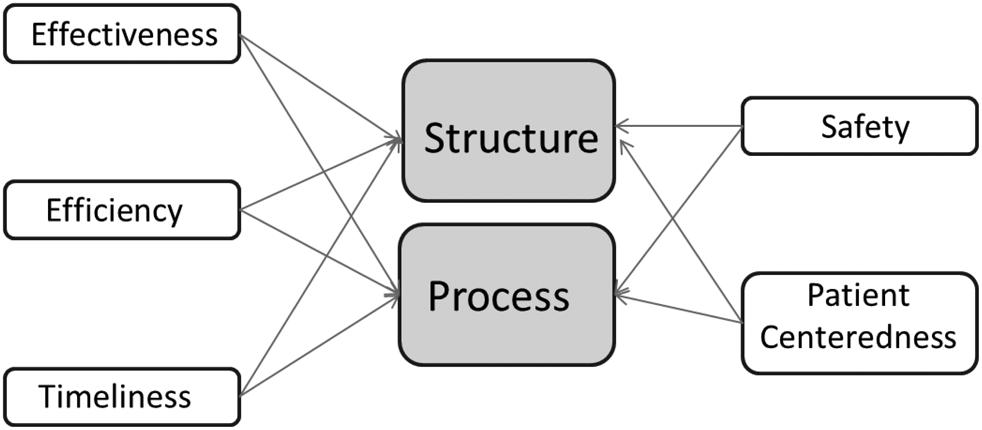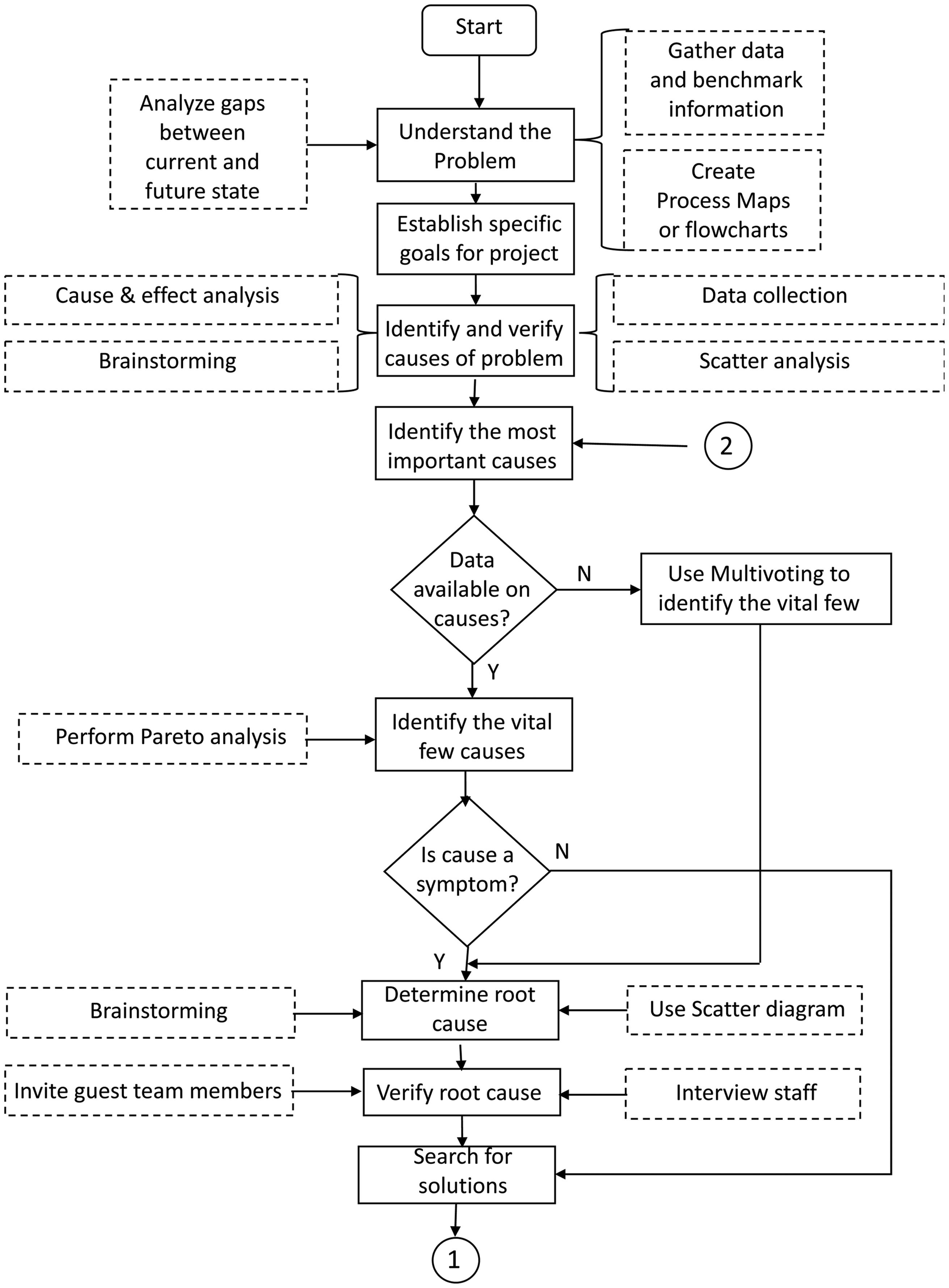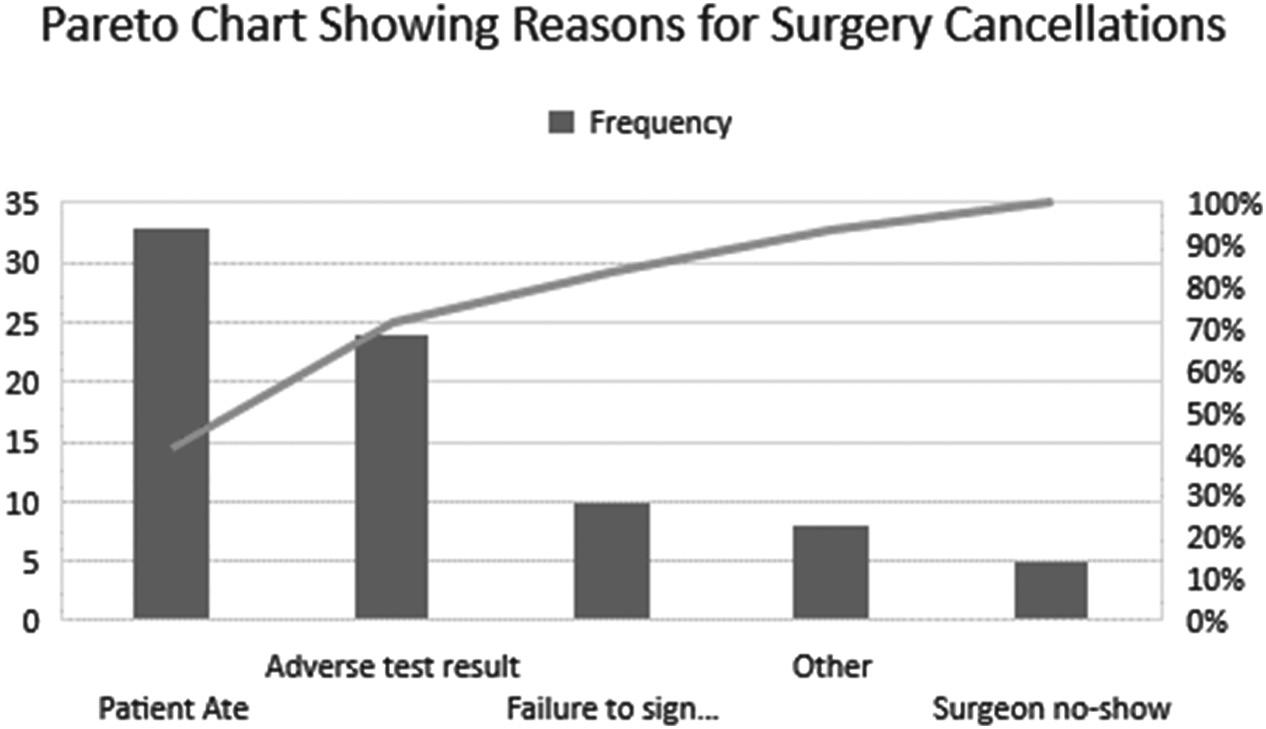10 ◾ Healthcare Value Proposition
receiving care.” Consumer advocates, as well as employers and health plans, are pushing for greater price transparency. They argue that, if consumers realized they could receive high-quality services from lower-cost providers, they would seek them out. This, in turn, could encourage competition among providers based on the value of care—not just reputation and market share (Hostetter and Klein, 2012). There are many challenges to making comparative pricing information available. A September 2011 report from the U.S. Government Accountability Office outlined some of the most significant, including the difficulty of determining in advance the health services any given patient will need. The wide variety of insurance benefit structures, a lack of standard formatting for reporting prices, and the difficulty of determining prices when charges originate from multiple providers further complicate these efforts. Consumers have been slow to use healthcare quality reports; it remains to be seen if price information will be a sufficient hook to engage them in comparison shopping for care.
Behavioral Healthcare The United States spent an estimated $201 billion on mental disorders like anxiety and depression in 2013, according to an analysis published in the journal Health Affairs (Roehrig, 2016). That makes it the costliest medical condition in the country. Researcher Charles Roehrig, founding director of the Michigan-based Center for Sustainable Health Spending, examined approximately 10 categories of conditions using the most recent estimates available from the National Health Expenditure Accounts, provided by the U.S. Centers for Medicare and Medicaid Services. Heart conditions were the second-costliest condition, falling far behind mental disorders at $147 billion. Trauma and injury were third at $143 billion. The study is the most comprehensive look at the cost of mental healthcare issues in the United States because it includes both the general population and those in institutions like prisons (Holmes, 2017). The healthcare industry is starting to recognize that mental health is important to the well-being of employees and consumers, according to a report from Price Waterhouse Coopers (PWC). The report notes that one out of five American adults experiences a mental illness every year. These conditions cost businesses more than $440 billion each year. Healthcare organizations and employers will look at behavioral care as











